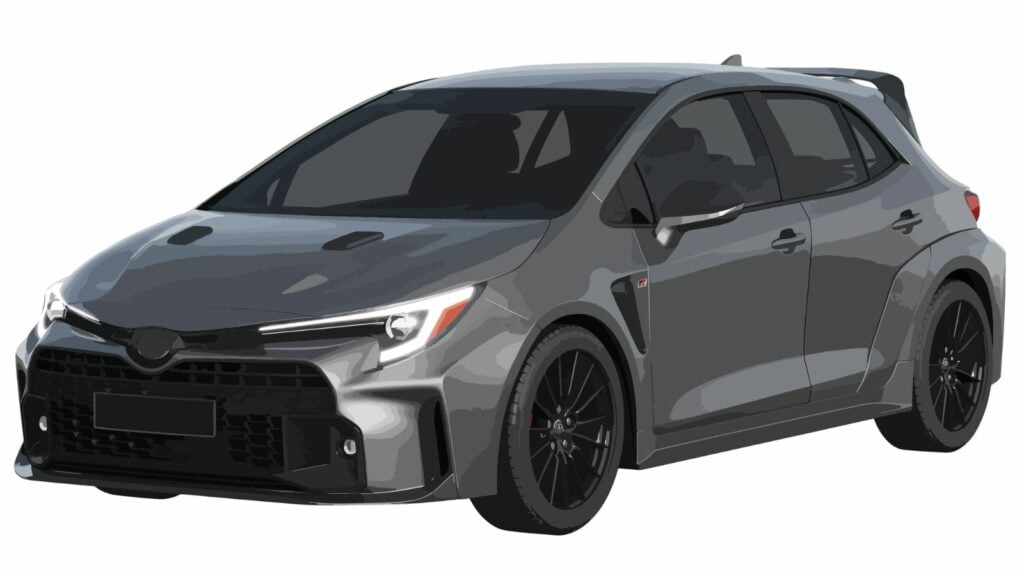The future of autonomous driving promises a revolution in how we perceive and interact with transportation. As technology advances, several vehicles have emerged as pioneers in this space, showcasing the potential of self-driving capabilities. Here are 10 vehicles that highlight the future of autonomous driving:
Tesla Model S
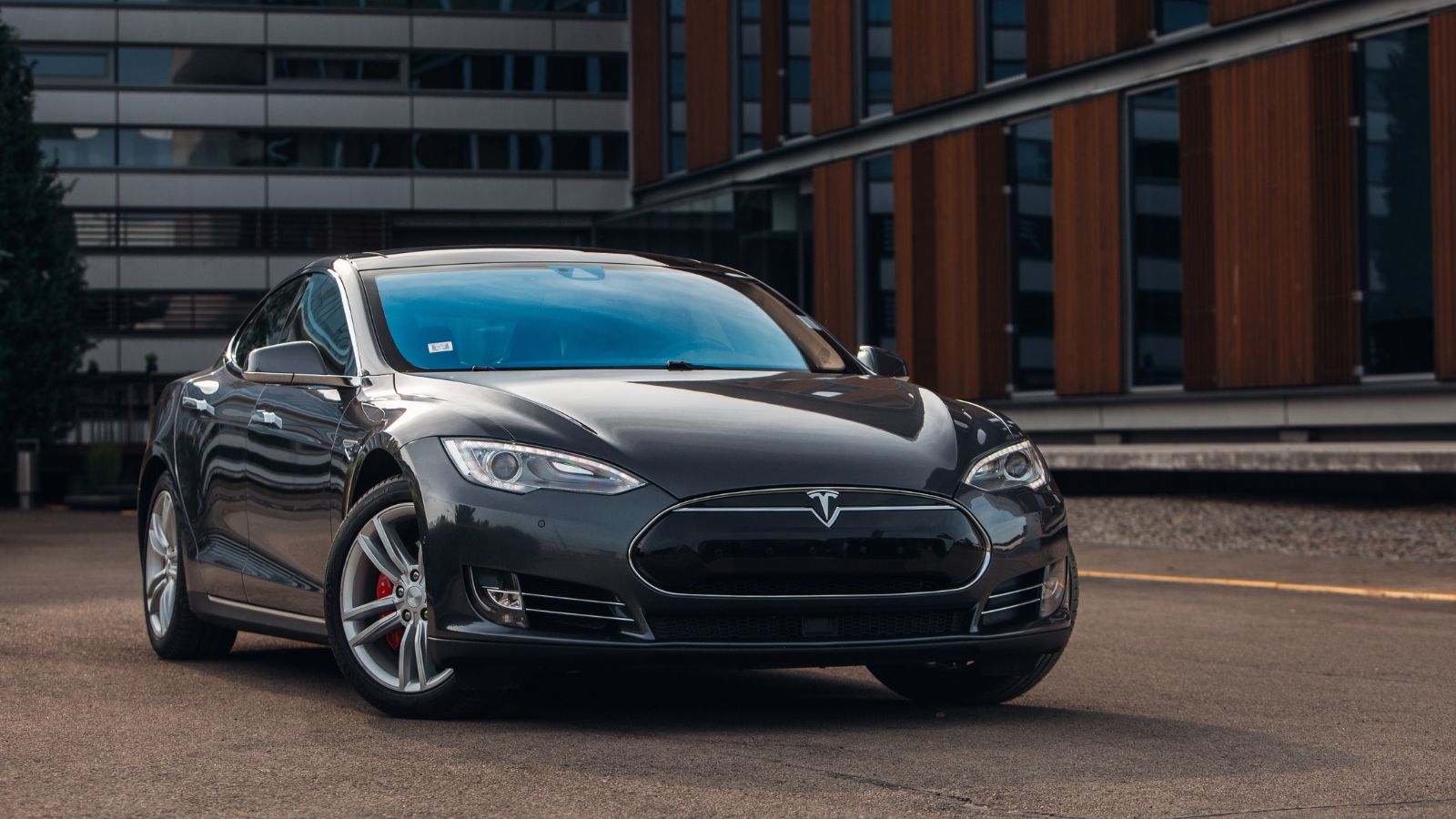
The Tesla Model S is often seen as a trailblazer in autonomous driving. Equipped with Tesla’s Autopilot system, the Model S can navigate highways, change lanes, and even park itself with minimal human intervention. Tesla continuously updates its software, pushing the boundaries of what its vehicles can achieve autonomously. Full Self-Driving (FSD) capabilities are also on the horizon, promising the ability to handle complex urban environments and point-to-point travel without driver input.
Waymo One
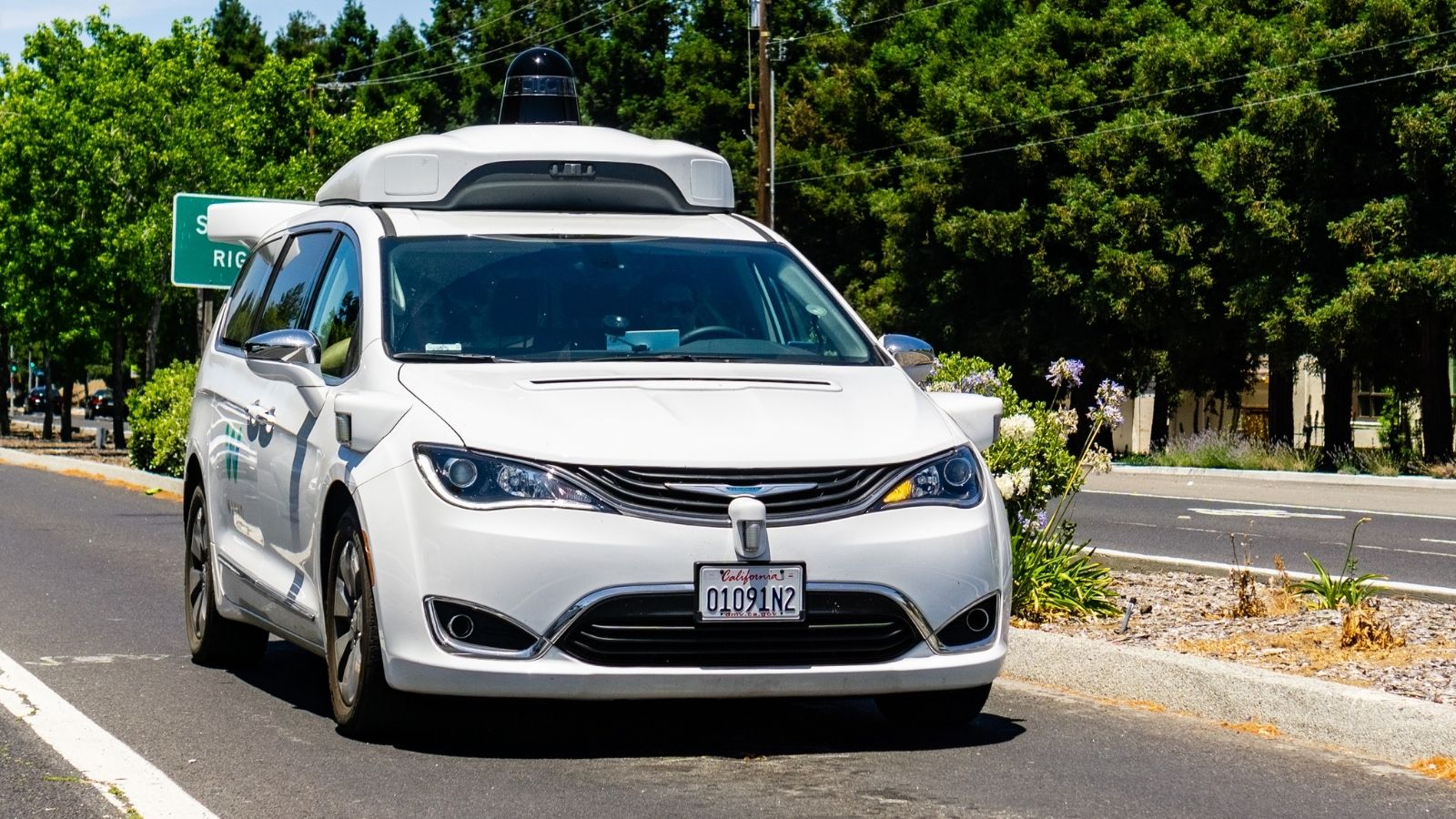
Waymo, a subsidiary of Alphabet Inc., has been at the forefront of autonomous driving technology. The Waymo One, based on the Chrysler Pacifica hybrid minivan, is one of the most advanced autonomous vehicles available. Operating in select cities like Phoenix, Waymo’s self-driving taxis use a combination of advanced AI and machine learning algorithms, ensuring continuous improvement in driving performance. The service operates with a fleet of minivans, each capable of detecting and reacting to various traffic scenarios, pedestrians, and road conditions. The extensive real-world testing and data collection have made Waymo a leader in the field, pushing the envelope of what autonomous driving can achieve.
Cruise Origin
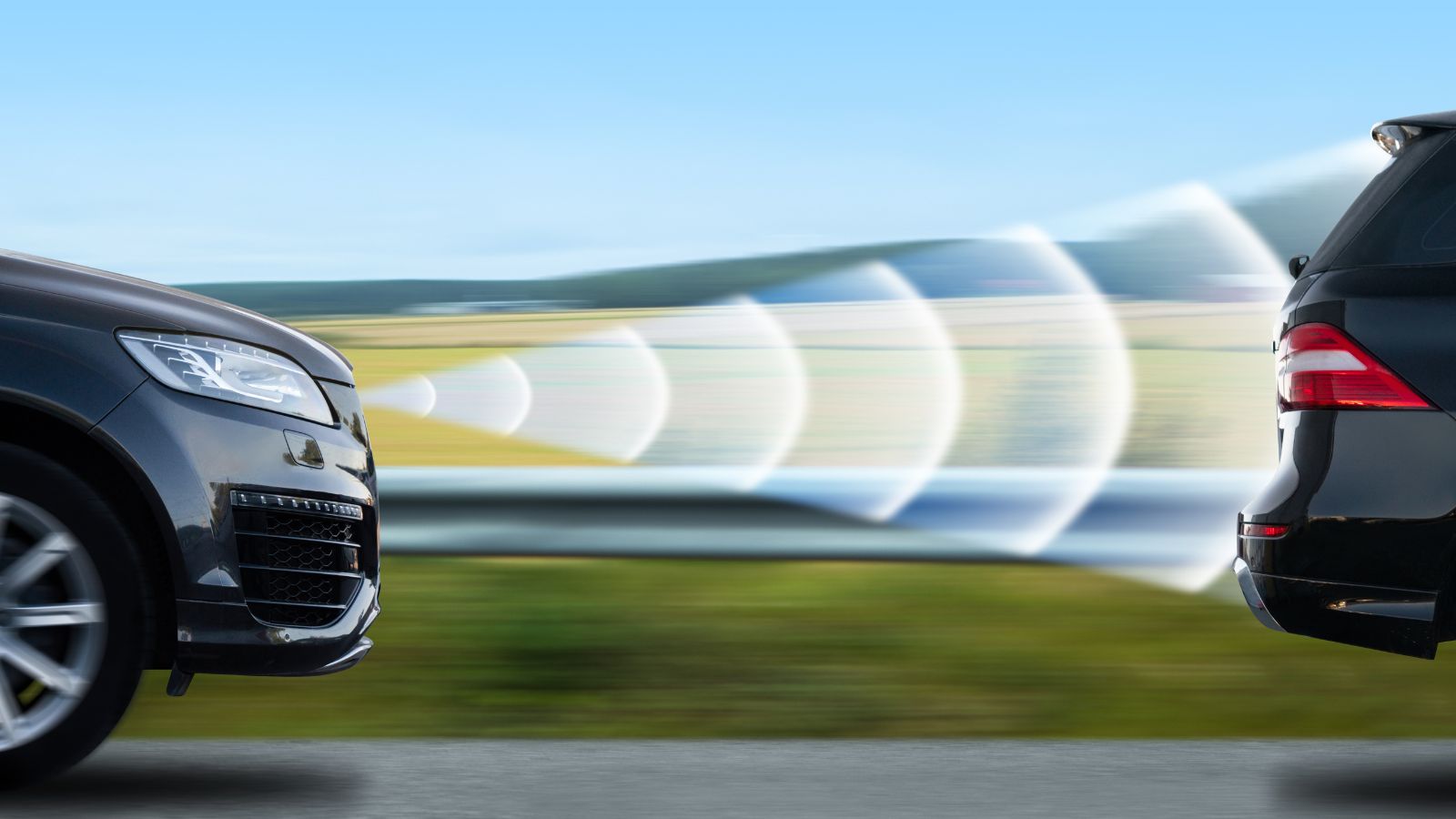
Cruise, backed by General Motors, has introduced the Cruise Origin, an autonomous electric shuttle designed for ride-sharing. The Origin has no steering wheel or driver’s seat, emphasizing its fully autonomous nature. It uses a combination of LiDAR and radar sensors to navigate complex urban environments. The vehicle’s design maximizes passenger space and comfort, envisioning a future where shared autonomous rides are the norm.
Mercedes-Benz EQS
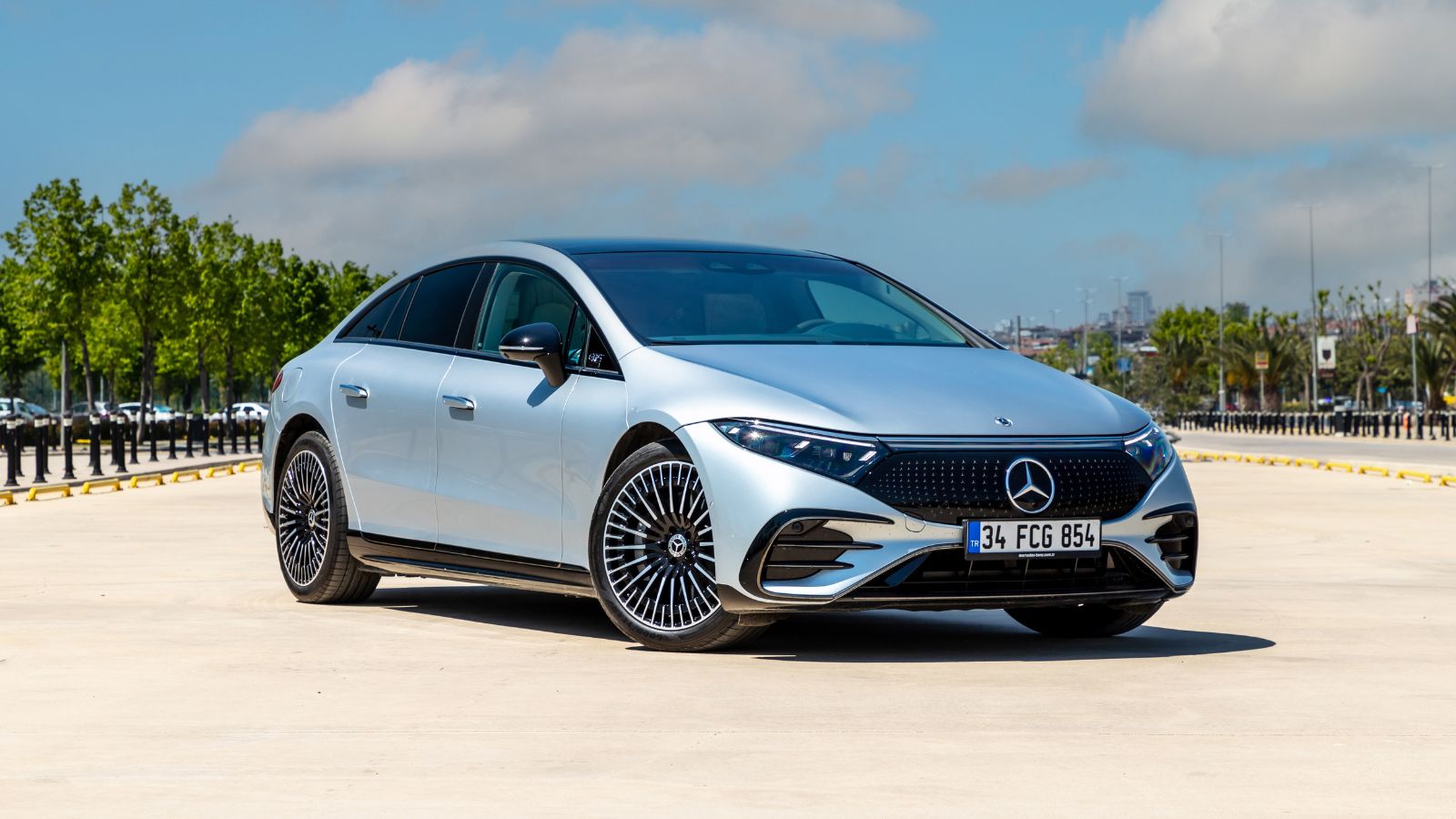
The Mercedes-Benz EQS is a luxury electric sedan integrating advanced autonomous driving features. Mercedes-Benz’s Drive Pilot system, available in the EQS, offers Level 3 autonomy, allowing the vehicle to handle specific driving tasks without human intervention under certain conditions. The system can manage highway driving, including stop-and-go traffic, with the driver ready to take over if necessary. The EQS’s sophisticated sensors and AI-driven software highlight the potential of autonomous technology in luxury vehicles.
Audi A8
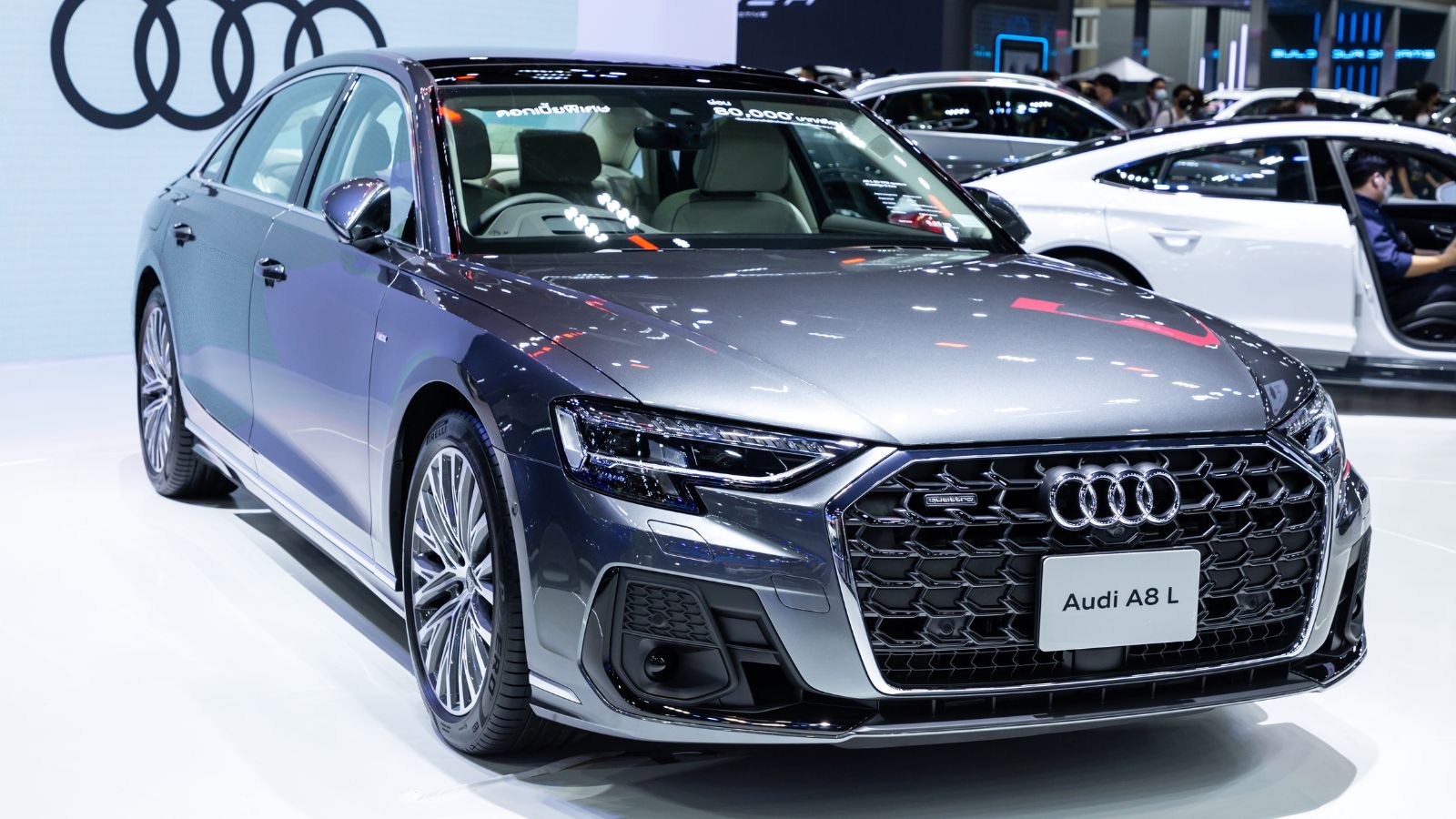
The Audi A8 was one of the first cars to offer Level 3 autonomous driving technology. Audi’s Traffic Jam Pilot allows the A8 to control driving in slow-moving traffic up to 60 km/h (37 mph) on highways with a physical barrier separating lanes. The system uses a combination of LiDAR, radar, cameras, and ultrasonic sensors to navigate and monitor the surroundings. Although regulatory hurdles have limited its deployment, the A8 showcases the potential of highly autonomous systems in reducing driver stress and improving safety.
BMW iNEXT
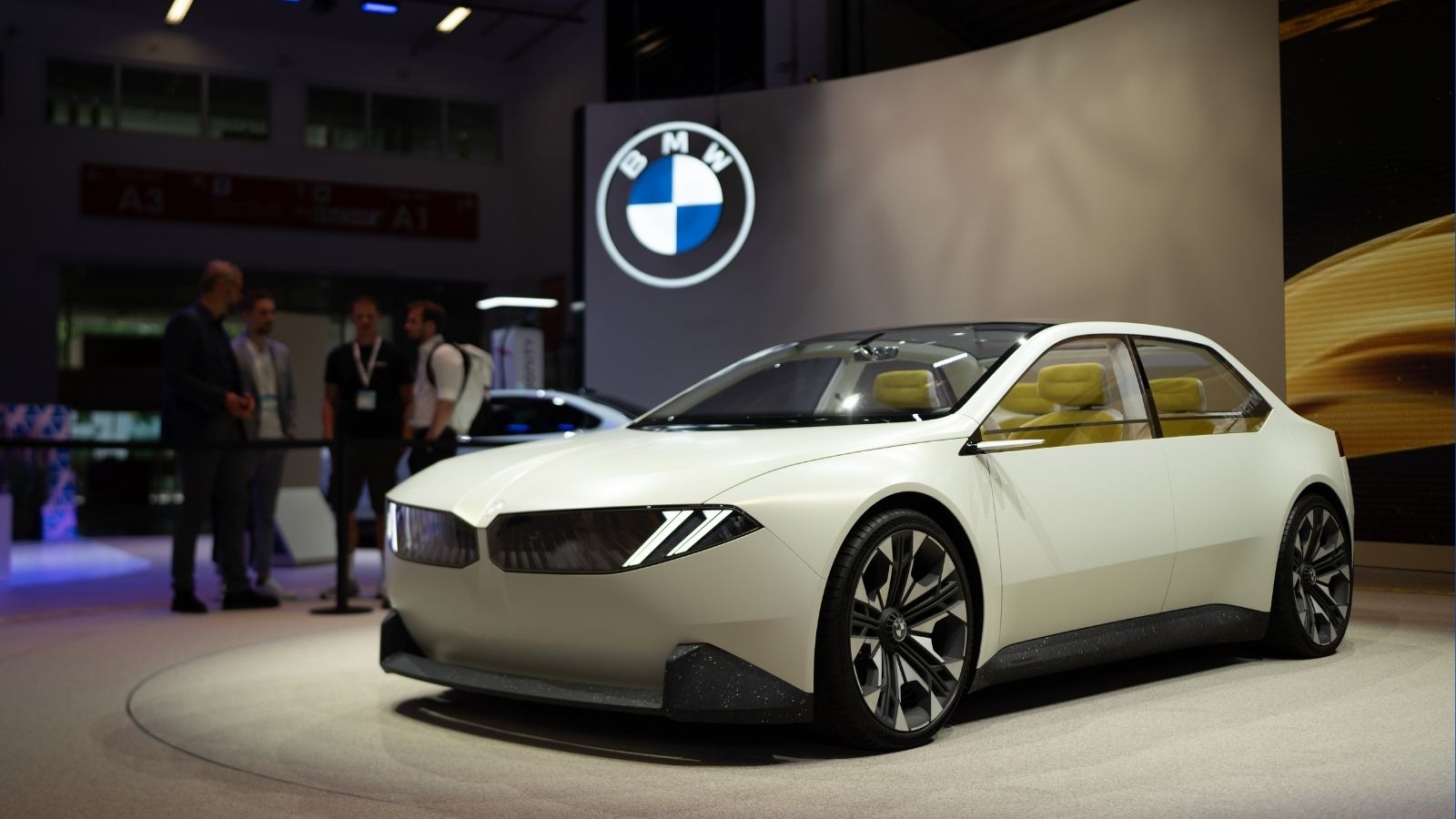
The BMW iNEXT, set to be part of the BMW iX lineup, showcases the brand’s vision for autonomous driving and electric mobility. The iNEXT will feature BMW’s Level 3 autonomous driving system, which can handle highway driving autonomously. The vehicle will also integrate the latest AI technology, continuously learning and adapting to different driving scenarios, enhancing its autonomous capabilities. Additionally, over-the-air software updates keep the system current, ensuring the iNEXT remains at the forefront of automotive innovation. The iNEXT also emphasizes connectivity and user experience, integrating smart technology to enhance the autonomous driving experience.
NIO ET7
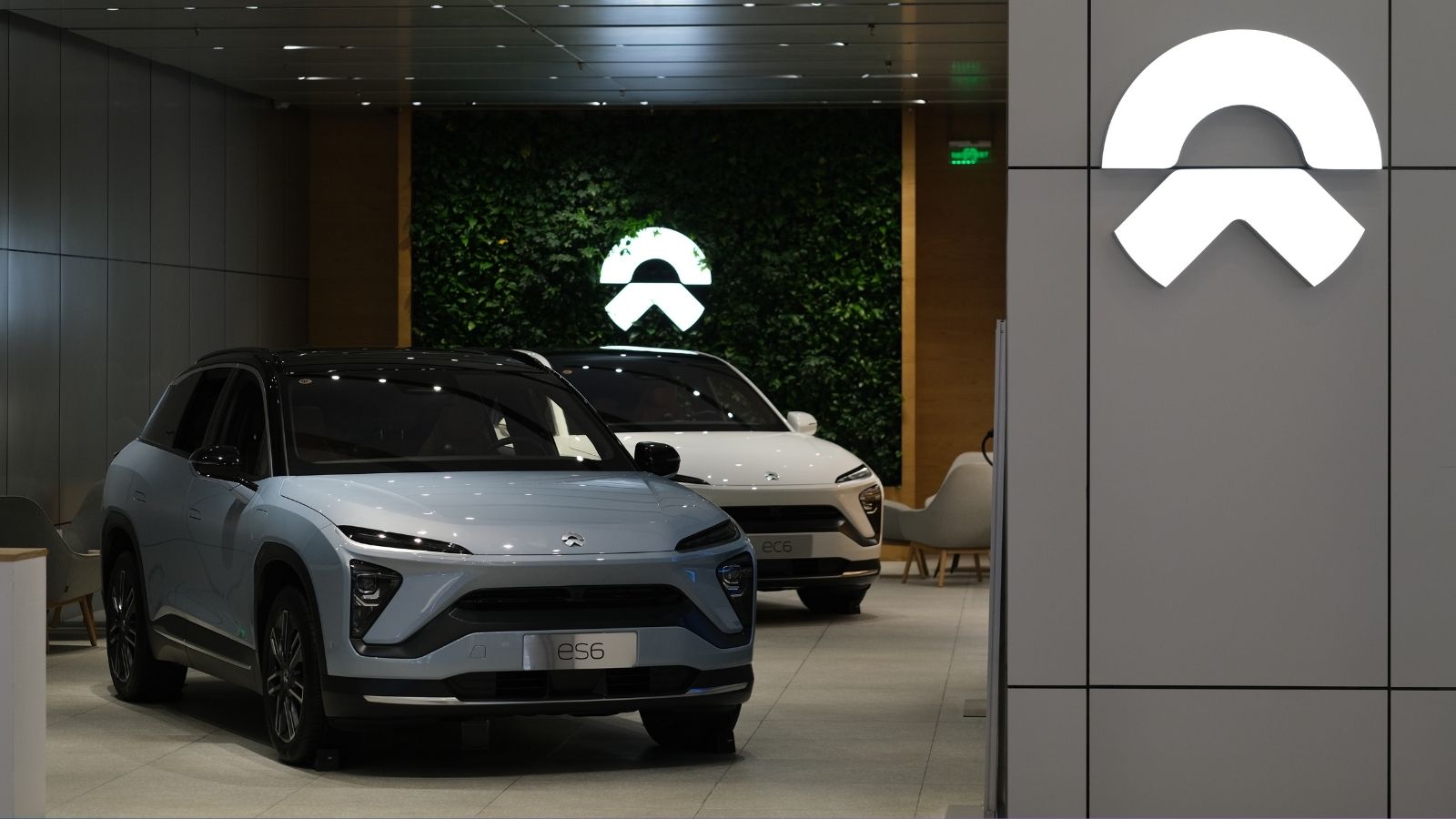
The NIO ET7, a flagship electric sedan from Chinese automaker NIO, is designed with advanced autonomous driving capabilities. NIO’s Aquila Super Sensing system and Adam supercomputer enable the ET7 to achieve Level 4 autonomy under certain conditions. The vehicle has 33 high-performance sensing units, including LiDAR, radar, and cameras, providing a 360-degree view of its surroundings. The ET7’s advanced AI and continuous software updates position it as a strong contender in the autonomous driving market.
Volvo XC90
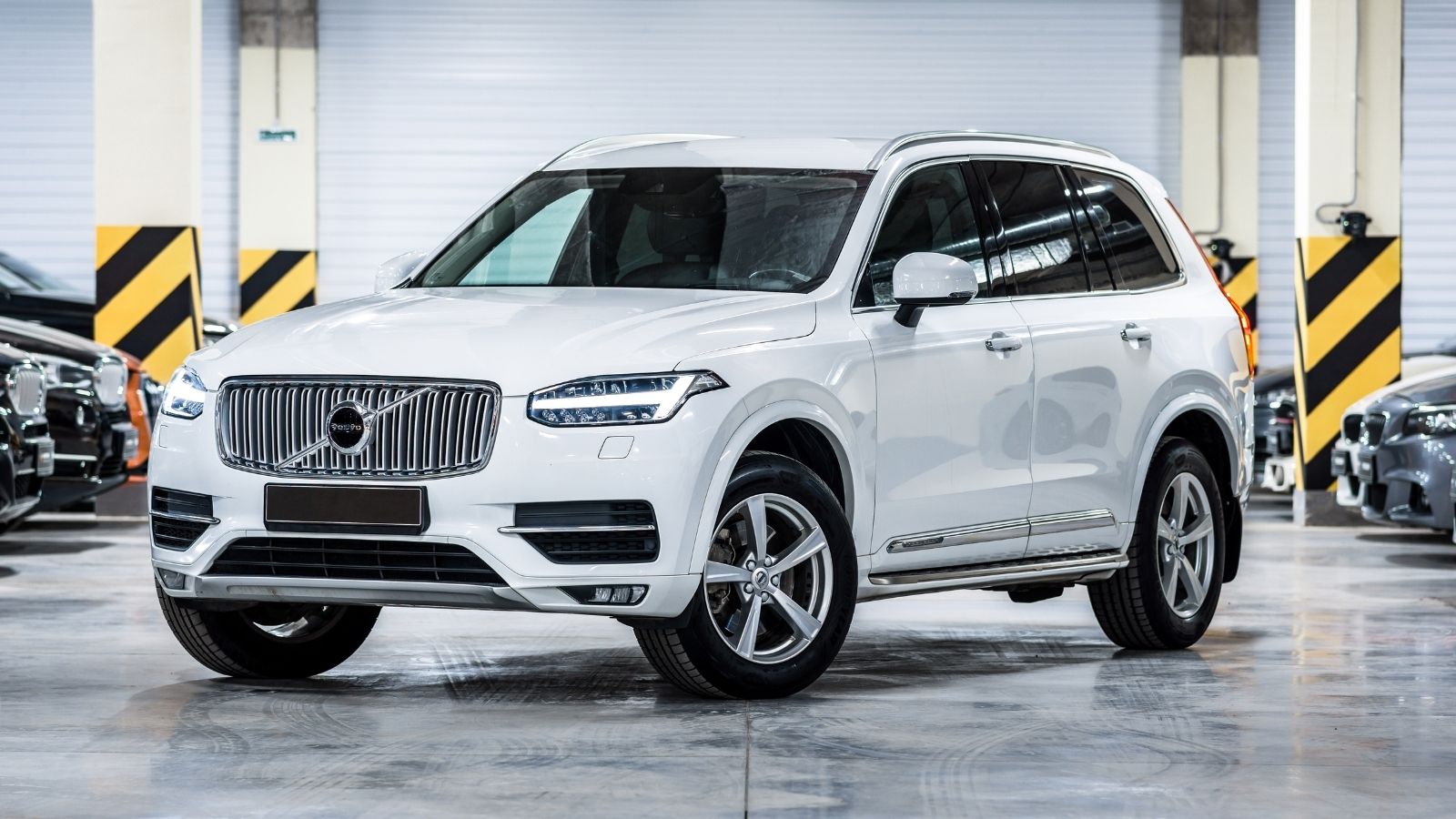
Volvo has long been known for its commitment to safety, and the upcoming Volvo XC90 aims to extend this legacy with advanced autonomous driving features. The next-generation XC90 will offer Highway Pilot, a Level 3 autonomous driving system that allows hands-free driving on highways. The XC90’s Scalable Product Architecture (SPA2) platform is designed to support full autonomy, allowing for continuous software updates and improvements. Volvo’s emphasis on redundancy in critical systems, such as braking and steering, will enhance reliability. Volvo’s emphasis on safety and reliability makes the XC90 a key player in the future of autonomous driving.
Lucid Air
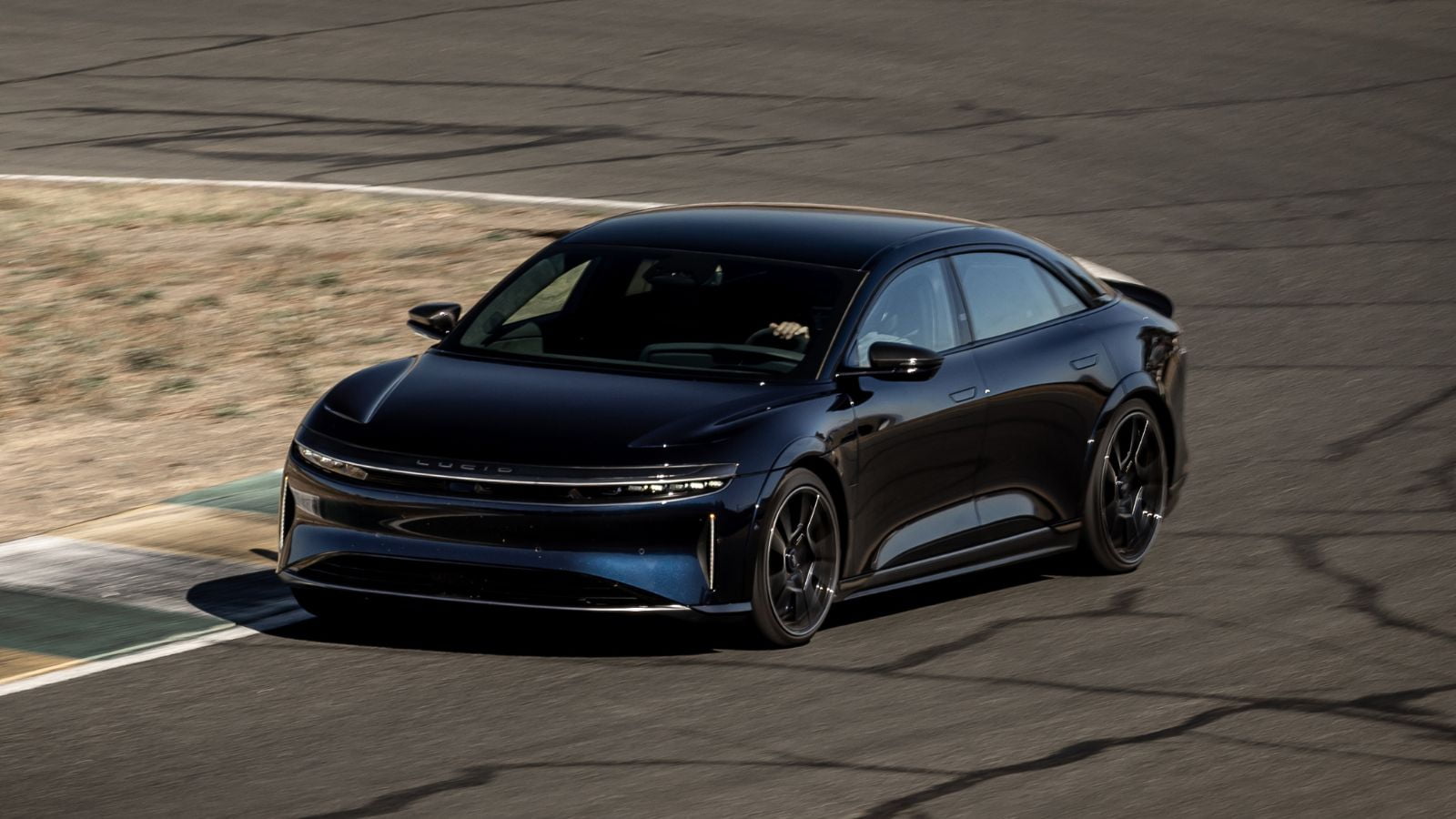
The Lucid Air is an all-electric luxury sedan that combines high performance and advanced autonomous driving capabilities. Lucid’s Dream Drive system integrates 32 sensors, including cameras, radar, ultrasonic sensors, and high-resolution LiDAR, to initially offer Level 2+ autonomy, with plans for Level 3 capabilities. The vehicle’s powerful AI and over-the-air updates provide a seamless and intuitive driving experience.
Zoox
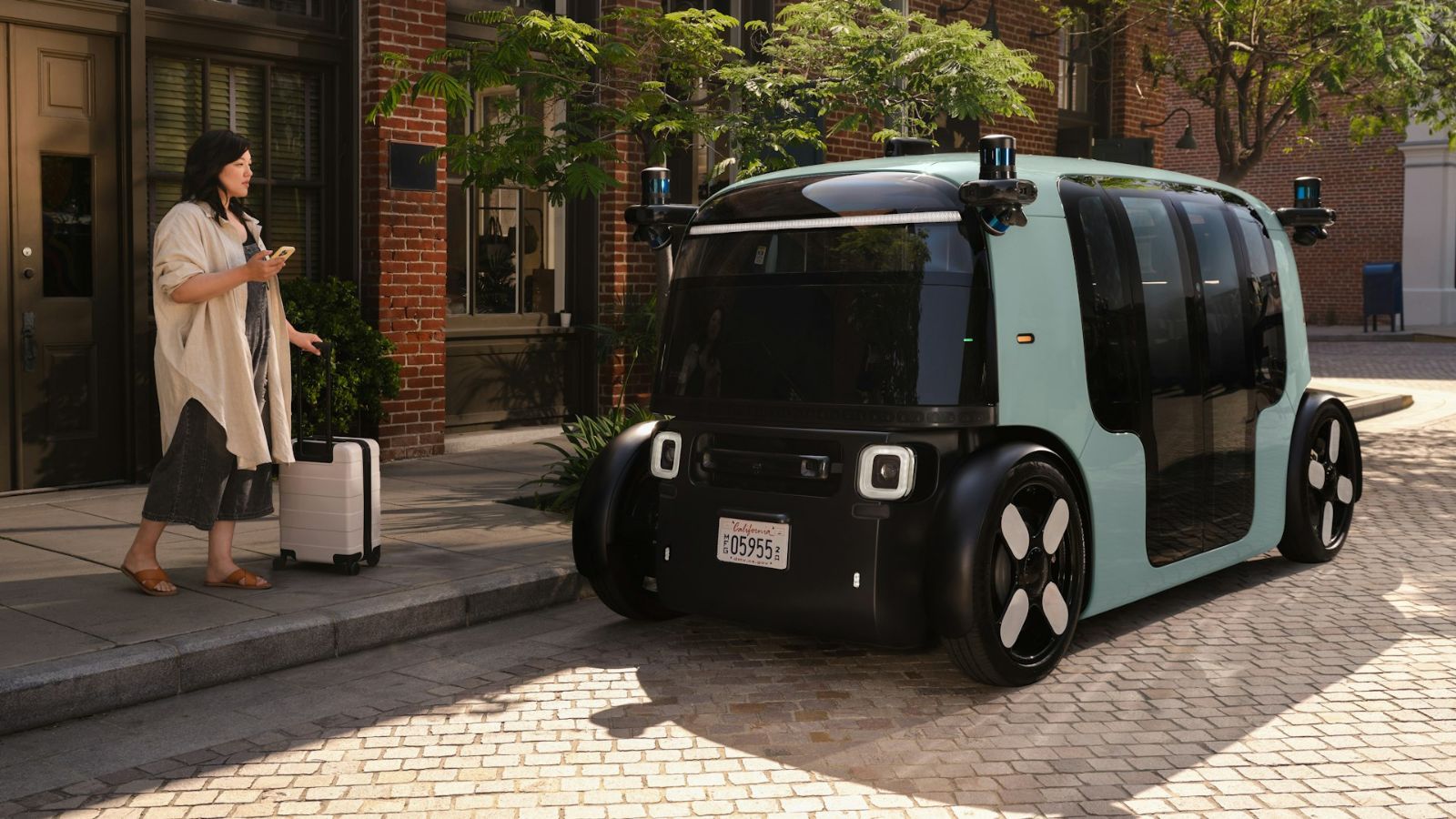
Zoox, an Amazon subsidiary, has developed a fully autonomous, purpose-built vehicle designed for urban mobility. Unlike traditional cars, the Zoox vehicle is symmetrical and bi-directional, eliminating the need for a front or rear end. It has a comprehensive sensor suite, including LiDAR and cameras, enabling 360-degree perception and safe navigation in complex urban environments. The vehicle’s interior is designed for passenger comfort, with no steering wheel or driver’s seat, highlighting its fully autonomous nature and potential for ride-sharing applications.
The 10 Most Reliable Car Brands According to Mechanics
When choosing a car, one of the most crucial factors is reliability. But what exactly does it mean when we say a car is reliable? Reliability refers to the vehicle’s ability to perform consistently well over time with minimal issues. A reliable car requires fewer repairs, is cost-effective to maintain, and offers peace of mind to the owner. In this article, we delve into the ten most reliable car brands according to mechanics, explaining why these brands are trusted and highlighting endorsements from institutions, car experts, and reputable websites.
The 10 Most Reliable Car Brands According to Mechanics
